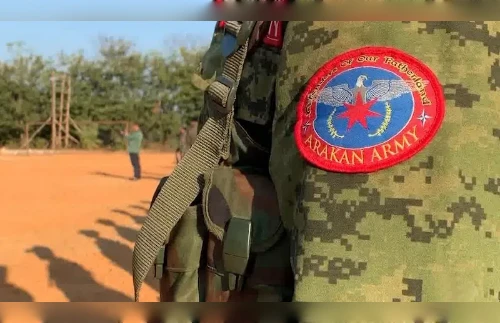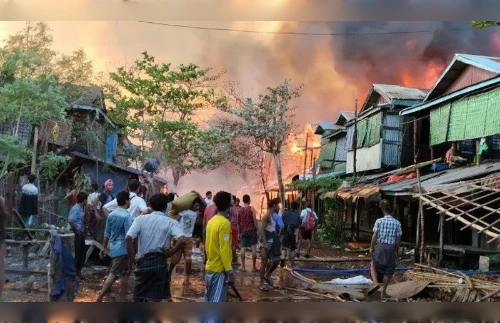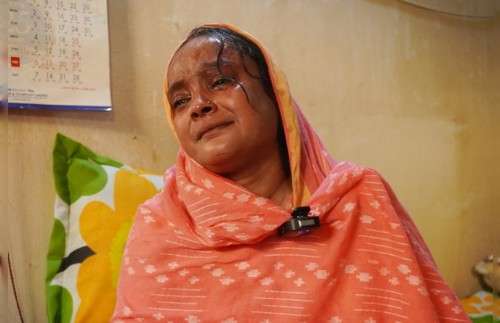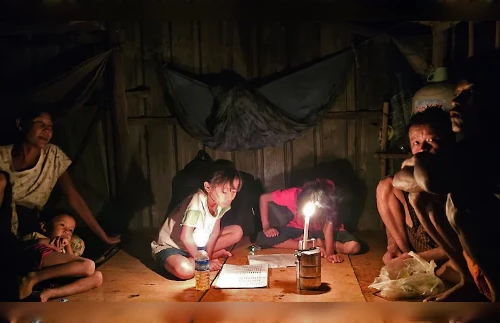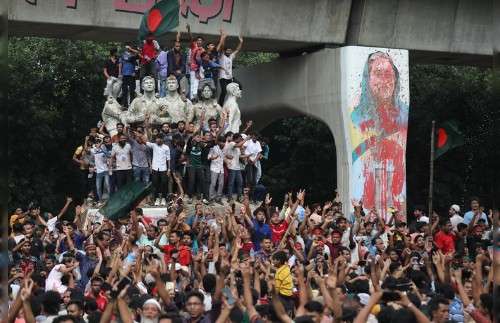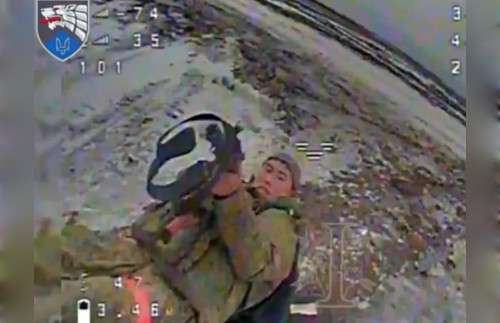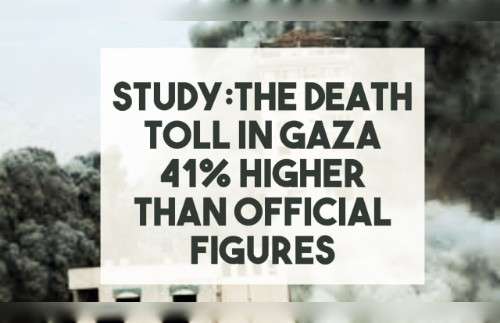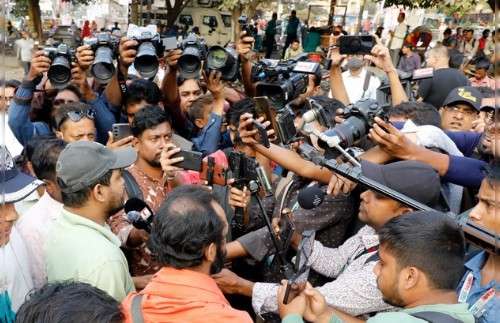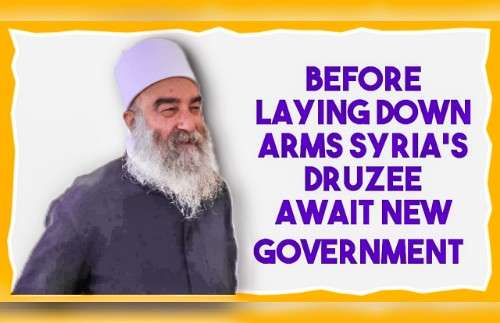Rachung Gendun served 3 1/2 years in prison for sending prayer offerings to the Dalai Lama.
By RFA Tibetan
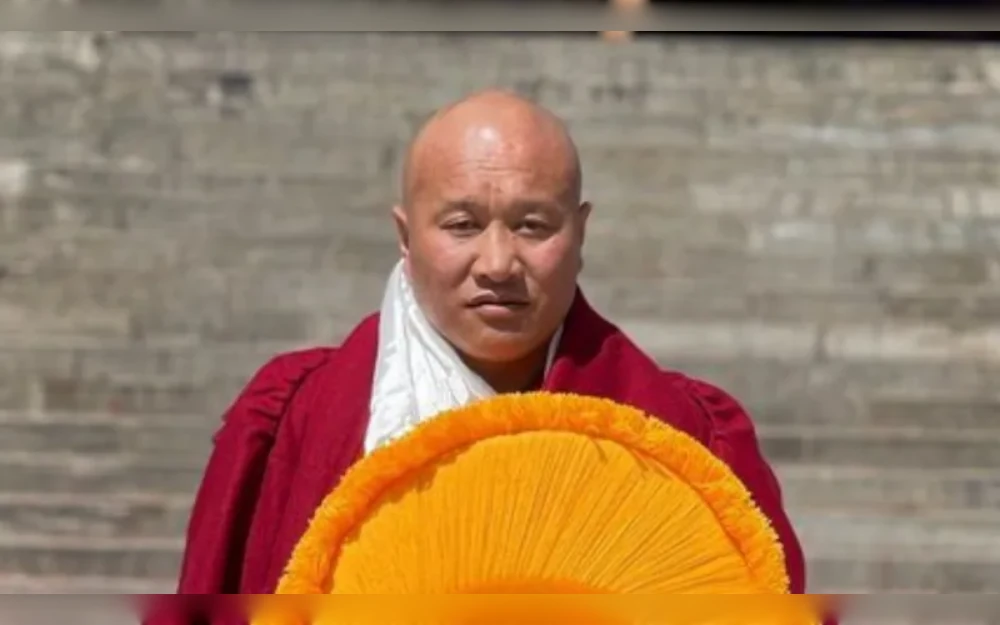
A Tibetan Buddhist monk imprisoned for sending money for prayer offerings to be made to the Dalai Lama and the abbot of India’s Kirti Monastery has been released from jail but remains in poor health, according to two sources in Tibet familiar with the situation.
Rachung Gendun, arrested in April 2021 for allegedly sending donations to the Tibetan Buddhist spiritual leader and the monastery abbot, was released on Nov. 16, serving three and a half years in prison.
Chinese authorities consider it illegal for Tibetans to contact exiles. They are particularly sensitive about contacts made with the Dalai Lama, who fled to northern India in 1959 and has been living there ever since.
Tibetans living inside Tibet have faced persecution in the past for sending monetary donations and religious offerings in the name of the Dalai Lama and other Tibetan religious figures.
Many have done so discreetly, risking potential repercussions from Chinese authorities, in a show of their unwavering faith in their spiritual leader despite the Chinese government’s crackdown on Tibetan religious expression.
Gendun is in poor health and is currently undergoing treatment at Hashi Hospital in Chengdu, Sichuan province, said the source inside Tibet, who spoke on condition of anonymity due to fear of reprisals.
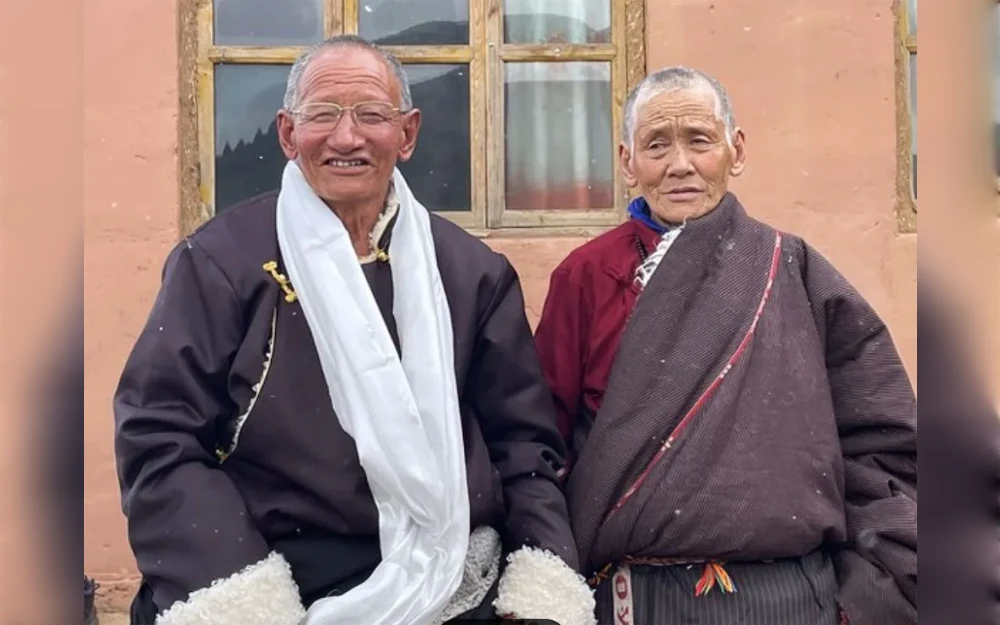
“Gendun faced significant hardships during his imprisonment, including the loss of his 85-year-old mother, who passed away on June 10, 2024,” the source said.
“His mother was harassed multiple times by the Chinese government, and sadly, she passed away without being able to see her son one final time.”
Self-immolation protest
Gendun’s mother, Norpo, faced intense restrictions and surveillance following the self-immolation protest of Gendun’s uncle, Taphun, on March 27, 2022, outside the security office of Kirti Monastery in Ngaba County.
The Chinese government accused Norpo of conspiring with her brother before his protest, severely curtailing her freedom.
For almost a year, Norpo was denied fundamental freedoms, including access to medical care, hospital visits, and the ability to engage in religious practices like circumambulation, sources said.
Tibetans believe that circumambulation, or walking in a clockwise direction around a sacred site, allows them to accumulate merit and purify negative karma.
The restrictions worsened Norpo’s health conditions, the sources added, highlighting the severe measures imposed on Tibetan families associated with protests against Chinese policies.
Gendun’s case highlights the ongoing challenges faced by Tibetans under Chinese rule, particularly those with connections to the Dalai Lama or Tibetan religious institutions abroad.
Prior to his arrest in 2021, Gendun had been strongly opposed to the Chinese government’s “patriotic education” campaign, another Tibetan source said.
Gendun was among those that voiced opposition to Beijing’s campaign requiring Tibetans to denounce the Dalai Lama, whom the government rejects as a “splittist,” following unrest that spread across Tibetan regions from Lhasa in March of 2008.
As a result, he was interrogated and detained for a few months at the time, with Chinese authorities raiding his living quarters and confiscating photos of the Dalai Lama.
Additional reporting by Lobe Socktsang and Tenzin Dickyi. Edited by Tenzin Pema for RFA Tibetan, and by Roseanne Gerin and Malcolm Foster.
“Copyright © 1998-2023, RFA.
Used with the permission of Radio Free Asia,
2025 M St. NW, Suite 300, Washington, D.C. 20036.
https://www.rfa.org.”





